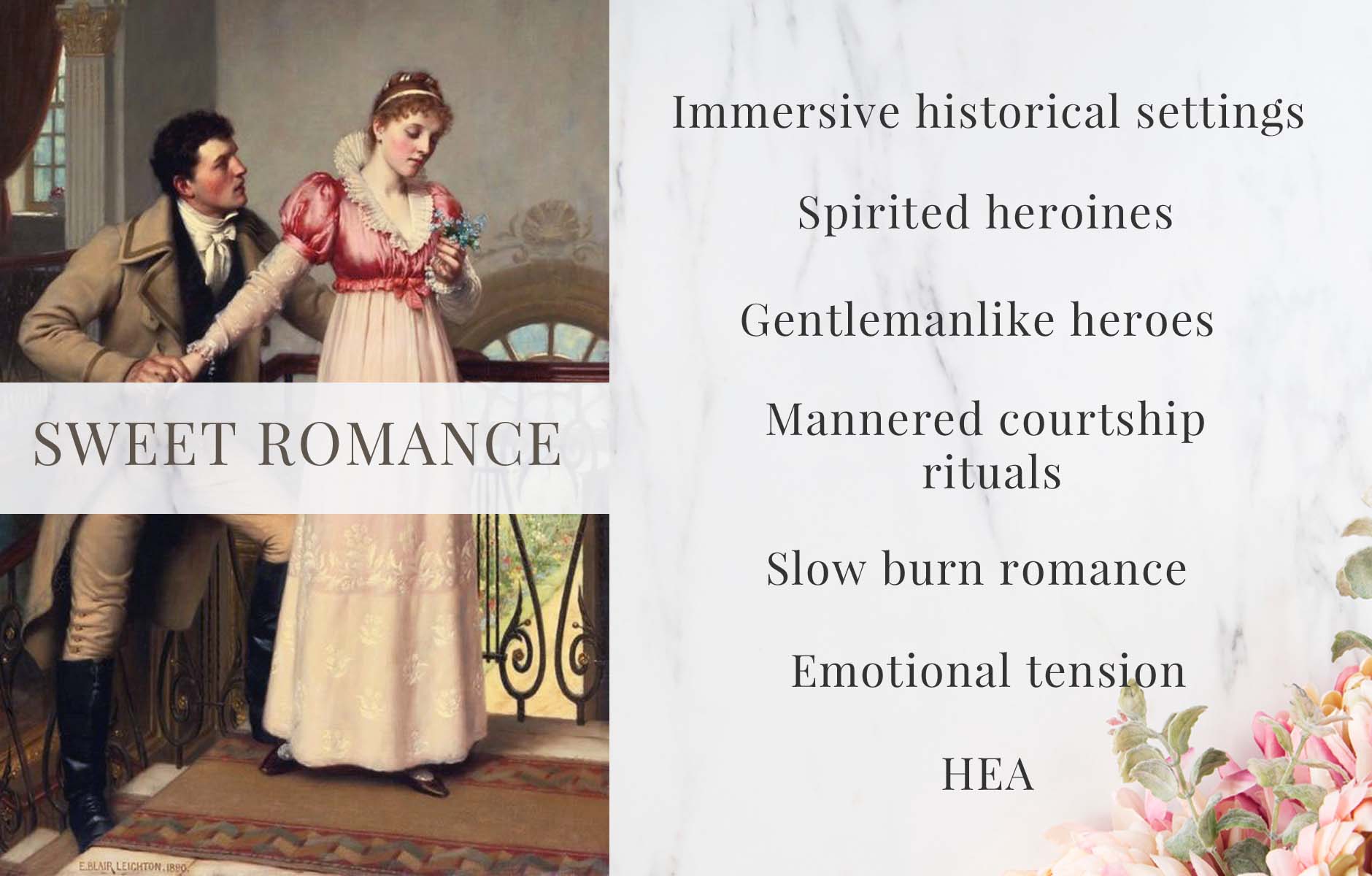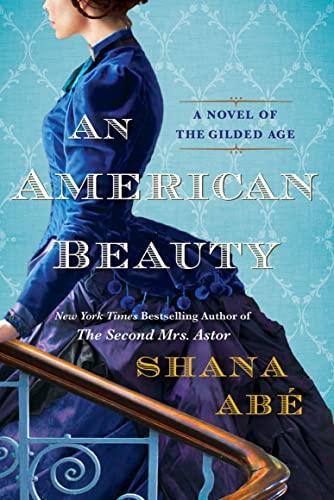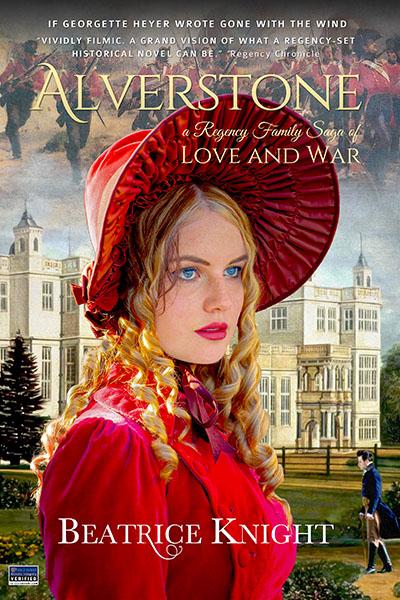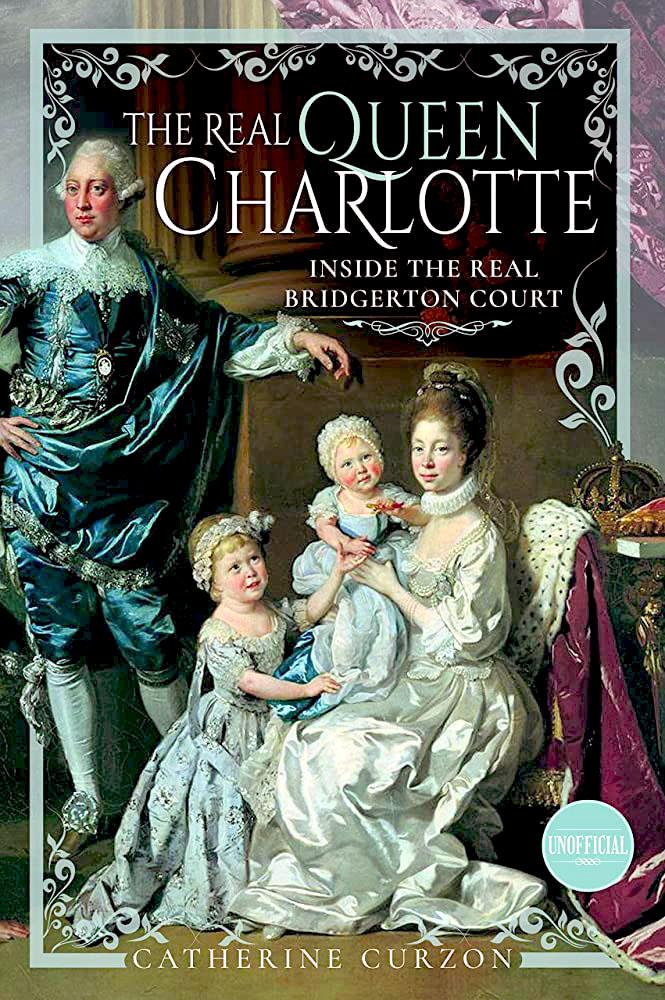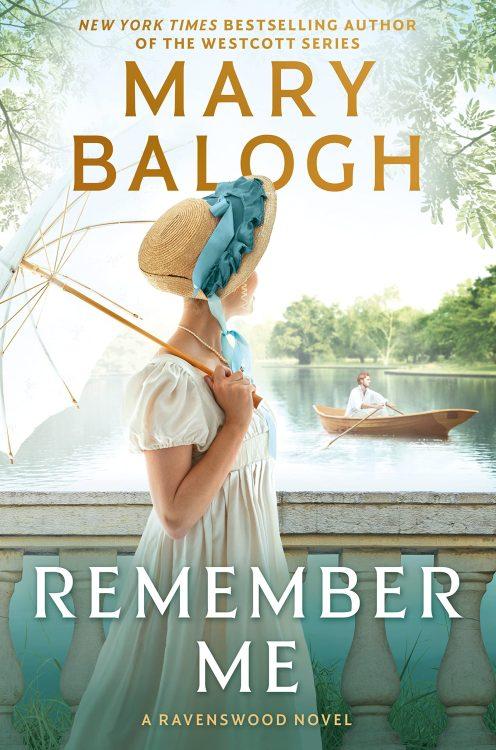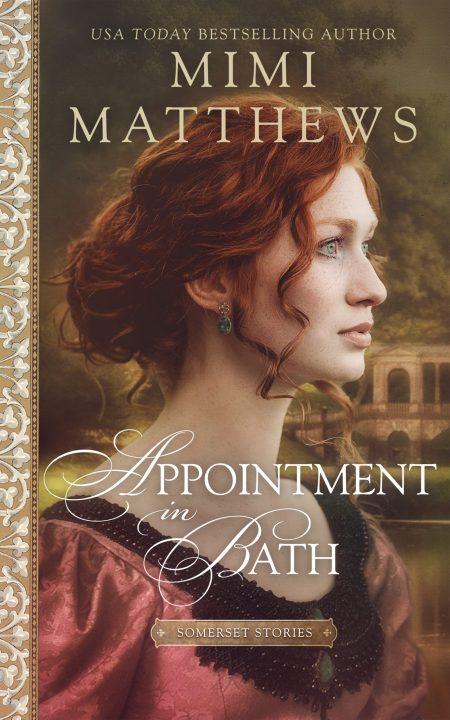The Best in Christian Regency Romance
When You Want Your Sweet and Light With Inspirational Sprinkles
Light Regency romances get a bad rap as formulaic fluff, but that does not stop readers from loving the genre, especially fans of its Christian subset. Hey, cake is not health food, but when I’m in the mood for it, I want my indulgence to be yummy and satisfying. This post features several authors who serve up the good stuff to readers and represent the sweet, traditional Christian Regency romance with style.
Strictly speaking 1811-1820 is the Regency period, but any story that takes place from 1800-1830 falls within the broader Regency era. Traditional sweet Regency romances are defined by:
- a charming portrayal of love and courtship culminating in a happy ending.
- a well-researched historical setting that creates an immersive escape into elegant Regency life via the manners, fashions, social norms, etiquette, and language of the time. Locations typically include grand country estates, London ballrooms, and fashionable locations such as Bath or Brighton.
- the hero is gentlemanlike, honorable, chivalrous, intelligent. Typically he is wealthy and powerful, and hails from the gentility or aristocracy. Sometimes, he’s a self-made man.
- the heroine is spirited, intelligent and strong willed, but also kind-hearted and realistically drawn for the era. She may challenge the tight social constraints women endured. Modern thinking can make her more relatable to readers, however her attitudes and conduct cannot be so implausible she is not believable.
- the developing romance is a slow burn which unfolds within the proper courtship rituals of the time – balls, social events, house parties, long walks, and opportunities for banter and more meaningful conversations.
- sensuality is not explicit. Attraction is revealed by romantic gestures, physical tension that goes unfulfilled, and the emotional and intellectual connection between hero and heroine.
- conflict and emotional tension drive the plot and create obstacles to the romance, often through class differences, misunderstandings, societal and family pressures, or external stressors and ticking bomb scenarios.
Overall, readers enjoy a balance of historical accuracy, engaging characters, and a heart-warming romance. In the Christian subset, the protagonists also grapple with issues of faith and their HEA is usually contingent on the belief that their love is part of God’s plan.
Several Authors Who Nail It Well
Competition is tough in this heavily populated sub-genre. Readers have a ton of options to choose from, including subsets such as Christian romance. Although virtually all Christian/Inspirational romances fall within the sweet, traditional sub-genre, not all ‘proper’ Regency romances are also Christian.
It’s safe, however, to assume that in 1800-1830, atheism was pretty rare. Most respectable families attended church on Sundays, and virtually every community had a vicarage and clergy whose livings were often funded by the local equivalent of Lady Catherine de Bourgh.
A few names jump out
Sally Britton: is the author of various Regency sweet romance series, including some that identify as Inspirational/Christian :
- Devoted Hearts
- Inglewood
- Clairvoir Castle
- Castles & Courtship
- Hearts of Arizona
Ms. Britton writes standalone stories built around locations and a continuum of characters. Her stories are well-researched and balance the elements of setting, plot, characters, and romance in a crowd-pleasing mix. Banter is fun and mostly well-crafted. Supporting characters are well-realized foils and integral to the plot. There are enough twists and turns to enliven the tropes she favors most, such as friends to lovers.
Her earliest books needing more editing than they received, not unusual for self-published authors. She remedied this in later books and in the re-released editions of her Devoted Hearts series, which accompanied their audiobook release.
The Utah Effect
Based in Salt Lake City, publisher Shadow Mountain established their “Proper Romance” line over a decade ago with Julieanne Donaldson’s bestselling Edenbrooke. Specializing in clean content and heartwarming stories, the line features authors Joanna Barker, Sarah M. Eden , Megan Walker, and Josi S. Kilpack, among others. Related publisher, Covenant Communications, delivers much the same fare–both publishers appear to be owned by the same Utah media company.
For readers of ‘clean & wholesome’ Christian romance, these Utah companies serve up a consistently good reading experience. Books feature relatable characters, emotional ups and down, heartfelt HEAs, period settings that range from undemanding window-dressing to more in-depth historical authenticity. Most are standalone stories within series. The language is clean and the romances are chaste.
There’s no doubt that the Utah publishers and their mostly Mormon authors have had an impact on the popularity and availability of Regency romances that feature Christian themes. They deliver ‘safe’ reading for women who want to be confident that they are not going to flip a page and find their protagonists ripping off bodices and breeches or using coarse language.
One of Shadow Mountain’s most widely read authors is Sarah M. Eden, whose Regency novels feature charming and witty characters, and capture the romance and social dynamics of the time. Many of Ms. Eden’s stories portray deeply felt Christian views and her main protagonists typically combine a spiritual and romantic journey. Ms. Eden is a prolific writer, who in the last couple of years seems to have lost a little of her mojo. Her Dread Penny series, in particular, feels stale to me.
Regency readers who have never picked up one of her stories, would do themselves a disservice if they begin with her most recent titles. We would suggest diving in to the Jonquil Brothers and related Lancaster Family series. Read in order, the series work as installments in an extended family saga.
Over the years Ms. Eden’s writing style has evolved. Her earliest stories were amateurish but had freshness and appeal that inspired readers to stick with her. They were rewarded with more polished offerings from around 2014 onward. She remains a bestseller in the sub-genre, and her devoted fans will probably tolerate quite a few lackluster books before moving on to another favorite.
Esther Hatch writes both Regency and Victorian romances that feature an engaging writing style, with warm humor and page-turning pace. Her Proper Scandals series are post-Regency, the first being set in 1843, not that it’s obvious. In common with most of the Shadow Mountain/Covenant romances, setting is poorly handled, perhaps because the authors are American, or because the core strength of the stories is the romance and other elements do not receive serious attention.
Ms. Hatch’s sassy heroines usually have a 21st Century outlook that makes them relatable to readers who are not picky about period accuracy. Most of her plots are pretty unrealistic for the period, but her stories are short – a bit over 200 pages – so readers are not looking for a history lesson, just some happy escapism, and she delivers that.
Readers seeking a more accurate portrayal of the Regency era, along with protagonists who are believable for their times, need look no further than Julie Klassen, arguably the queen of the sub-genre. Ms. Klassen is discussed in a separate post, yet to be uploaded to this new website. We will link when it’s available.
Part 2 of this post discusses other authors well worth reading in the Christian sub-genre, including Joanna Barker, Jen Turano, and Rosanna M. White.
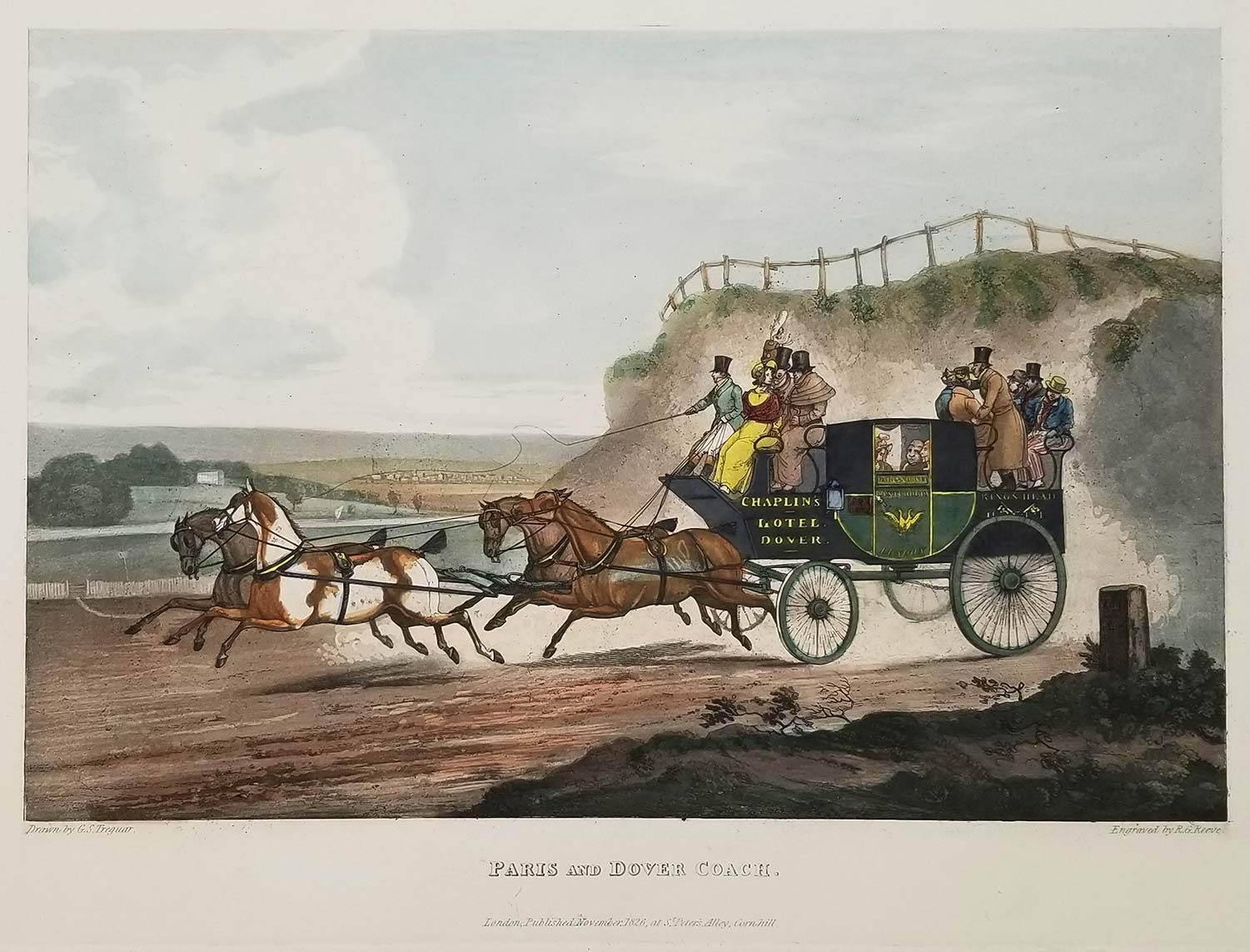
Receive Our Quarterly Update
Receive Our Quarterly Update
Deals, top picks and links to interesting articles.

